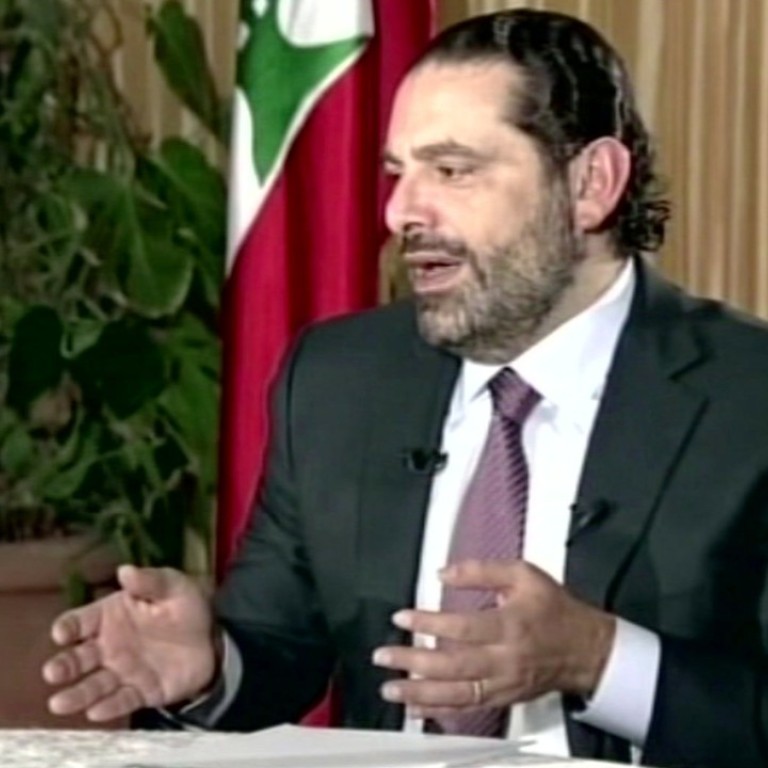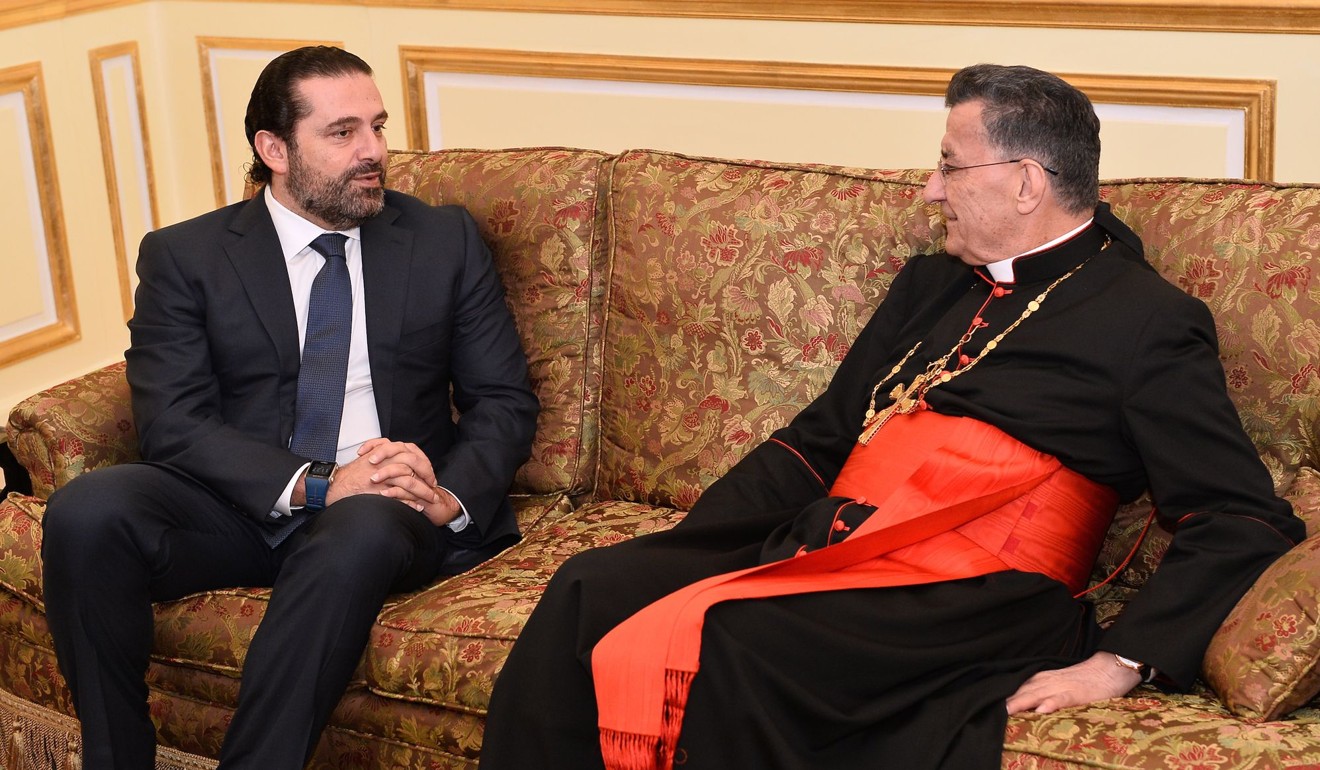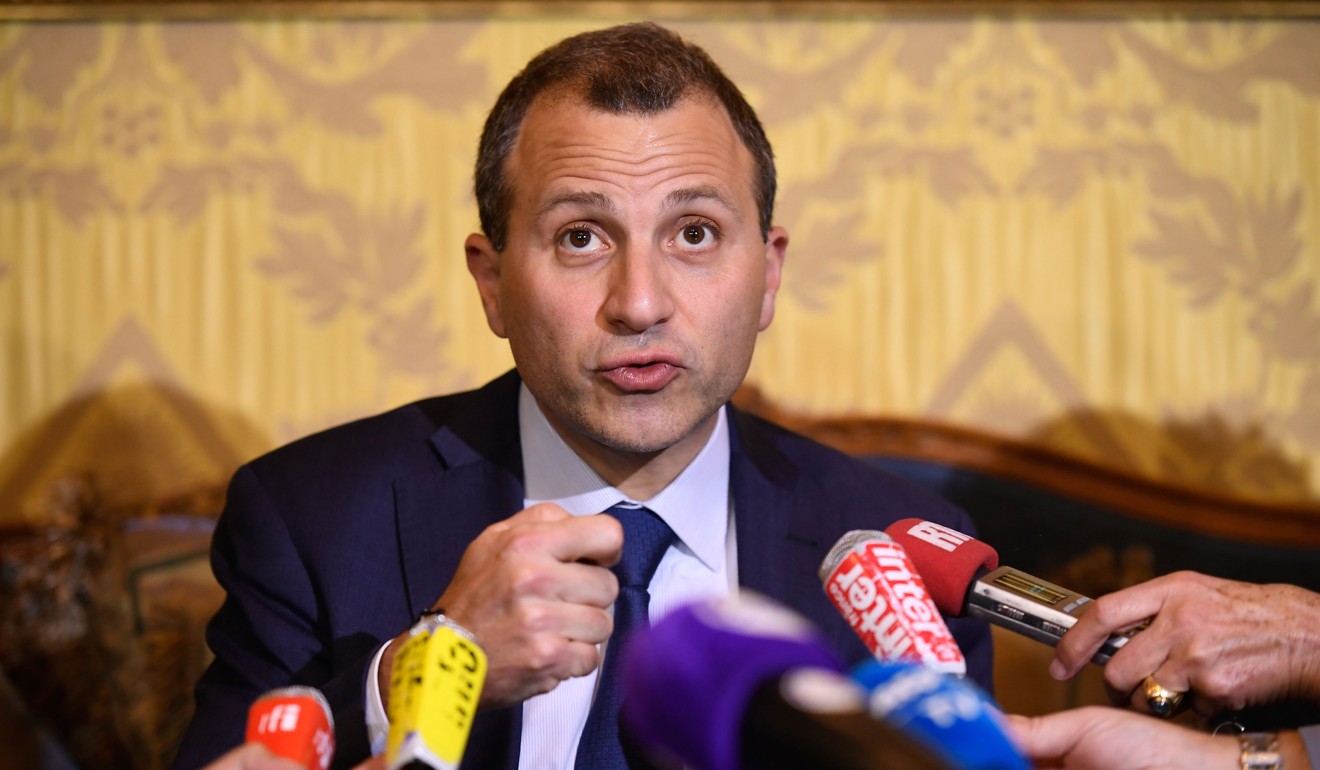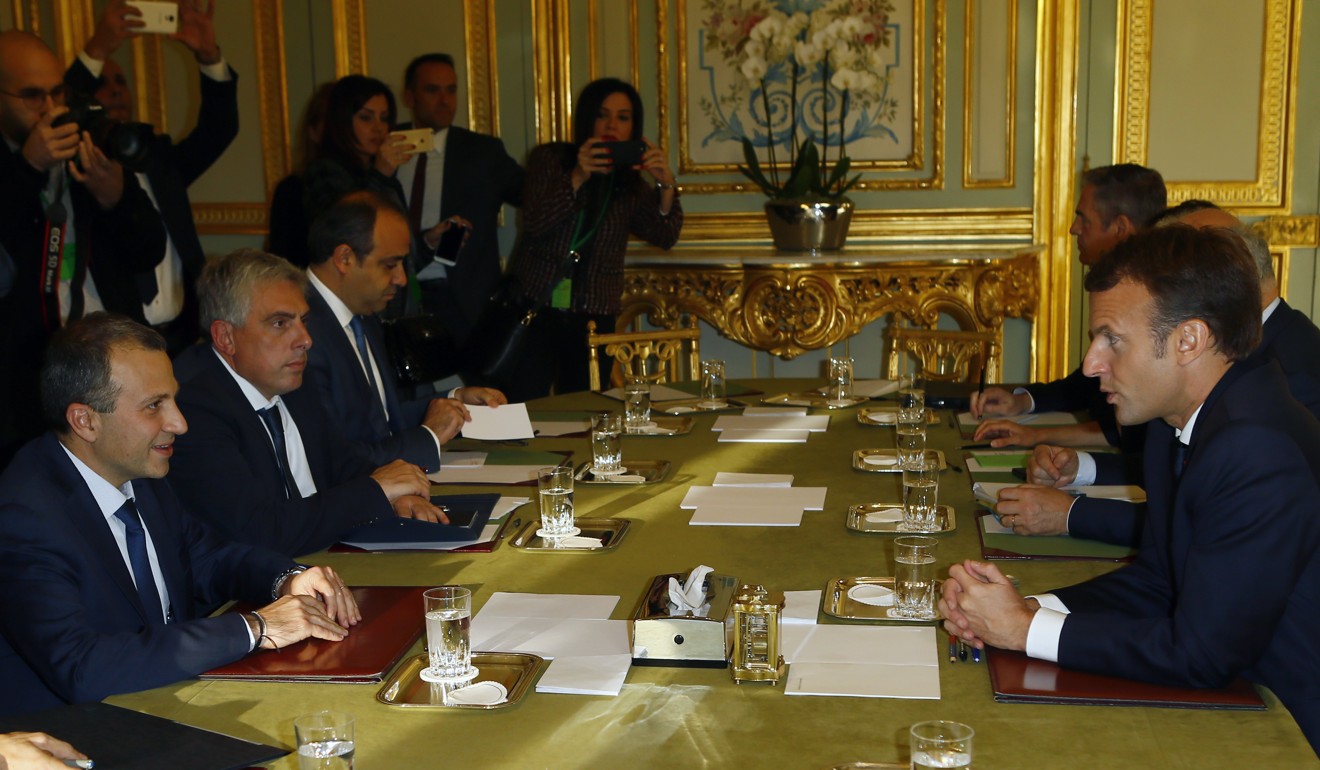
Hariri tells Lebanese to ‘chill’, and he’ll be home ‘in a couple of days’
Ten days after his surprise resignation sent Lebanon into a crisis and raised fears of regional turmoil, former Prime Minister Saad Hariri on Tuesday called on everyone to “chill”.
In his first personal tweet since travelling to Saudi Arabia earlier this month, where he announced he would step down in a pre-recorded message that led many to think he was being held against his will, Hariri said he planned to return to Lebanon in the next two days.
“People, I am fine. And God willing I will come back in a couple of days. Let’s chill.” Hariri wrote, adding that he was in good shape.
Lebanon’s foreign minister meanwhile said during a trip to Paris that his country may resort to international law to determine Hariri’s condition, suggesting he is being held under some form of house arrest, if he doesn’t return to Lebanon.
Hariri’s surprise resignation and then his scarce communication led many Lebanese to speculate that he was being held against his will and stripped of his phone despite Saudi denials. A live interview on Sunday with a Lebanese television station affiliated with his political party did little to dispel such fears.

On Tuesday, Hariri met the Lebanese Maronite Patriarch, who visited Saudi Arabia, the first publicised meeting with a Lebanese official. But there were no television cameras allowed in the meeting and only photos of the encounter were released.
President Michel Aoun has refused to accept Hariri’s November 4 resignation and urged him to come home. Hezbollah and other rivals have suggested that Hariri’s Saudi patrons forced him to resign to wreck the coalition government. The coalition government includes the Iran-backed Hezbollah.
Speaking from Paris, Lebanon’s foreign minister said he hoped to resolve the “ambiguous” Hariri situation with Saudi Arabia. Gibran Bassil, who is on a European Tour aimed at rallying support for his country’s stability, said if Hariri doesn’t return, then it will prove he is not free.

“We hope Lebanon doesn’t have to resort to international law,” Bassil said.
Bassil spoke after meeting French President Emmanuel Macron, who said he “hopes Saad Hariri can go to Lebanon as he has announced,” according to the president’s office.
France, Lebanon’s one-time colonial ruler, is seeking to play a mediating role in the region and Macron paid a surprise visit to Saudi Arabia last week. French Foreign Minister Jean-Yves Le Drian is heading to Saudi Arabia on Wednesday.

Hariri’s resignation came amid mounting tensions between Saudi Arabia and Iran. Hariri lashed out at Hezbollah in his resignation speech and said he feared for his safety. Saudi Arabia has accused Hezbollah of declaring war on the kingdom by supporting Yemen’s Houthi rebels, who fired a missile that was intercepted near Riyadh on the night of Hariri’s resignation.
Last week, Saudi Arabia called on its citizens to leave Lebanon “immediately”, raising fears of further escalation.
Asked if he fears punitive actions from the kingdom, Bassil said any attack on Lebanon would affect the whole region.
“The first to be touched in this will be the Syrians based in Lebanon,” Bassil said, referring to the more than 1 million refugees in Lebanon, equivalent to a quarter of the tiny country’s population.
“They would move from a situation of being accepted and absorbed by the Lebanese society to a situation where they will no more tolerate their conditions,” he said, without elaborating.
Bassil and his party have been pressing for the return of Syrian refugees now that the war is winding down. Hariri, and other Sunni politicians who oppose the Syrian government, have argued against repatriation before a peace deal is reached.
Bassil denied Lebanon had anything to do with “a missile launched from one country toward another country,” apparently referring to the missile fired at Riyadh.
“There is no excuse for this exceptional and unnatural situation” with Saudi Arabia, he said.
In his interview, Hariri hinted he may reconsider his resignation if Hezbollah agreed to discuss staying out of regional affairs. Hariri, a dual Lebanese-Saudi national, has homes in Saudi Arabia, where his wife and children have been living for years.

